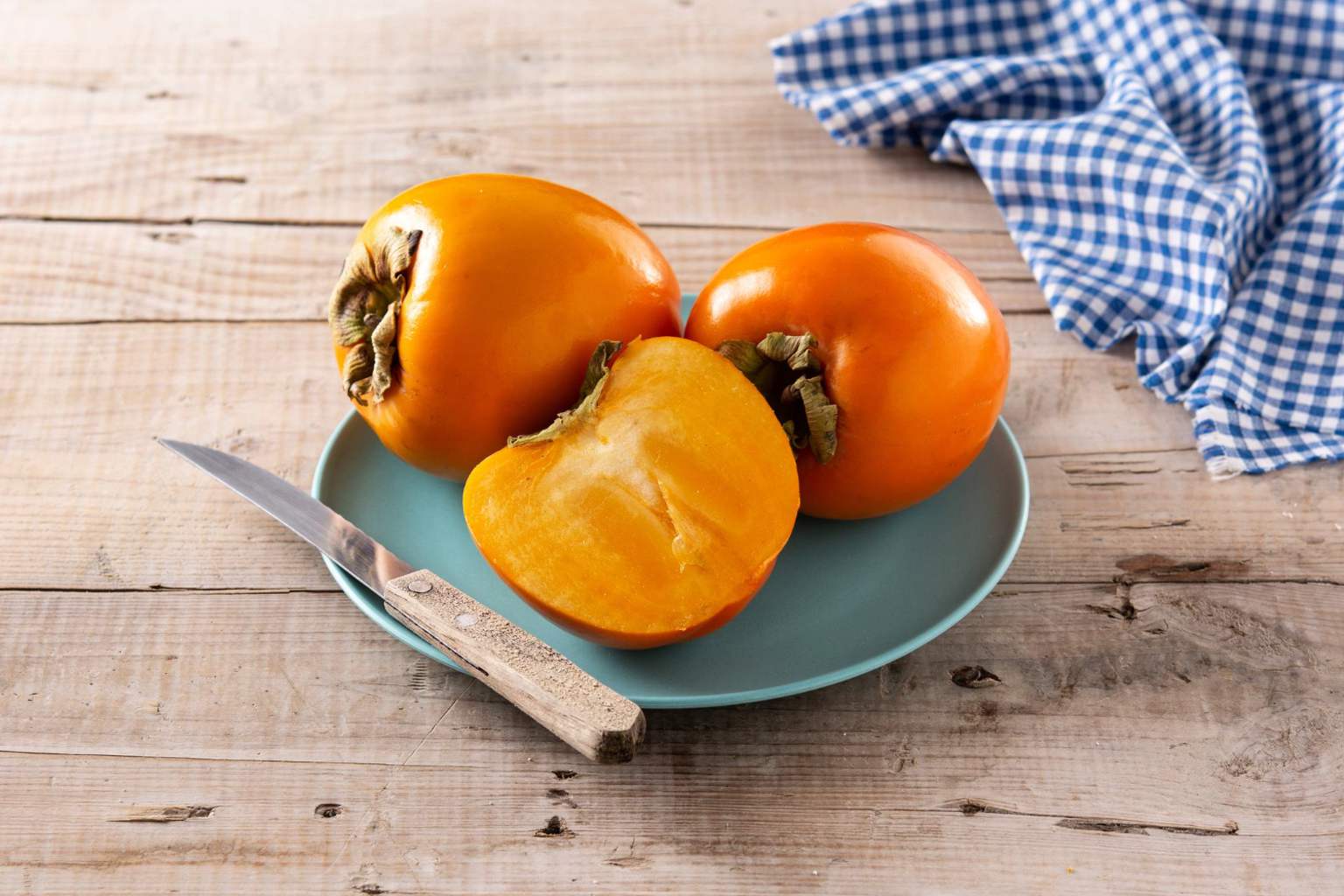If you’ve ever stood in front of the fruit display pondering whether to try a persimmon, you’re not alone. This bright orange fruit looks inviting but often raises a simple question: is it actually good for you? The answer is yes. Persimmons fit nicely into a healthy diet just like any other fruit, but what makes them stand out? Let’s dive into the science to discover what this exotic fruit really offers.
Persimmon nutrition: a spotlight on vitamin A
The Netherlands’ National Institute for Public Health and the Environment has a vast database showing the nutritional content of thousands of foods. When looking at persimmons, one nutrient stands out above the rest: vitamin A. In every 3.5 ounces (about 100 grams) of persimmon, you get roughly an eighth of your recommended daily vitamin A intake. That’s quite impressive!
According to Sander Biesbroek, a nutrition scientist at Wageningen University, vitamin A plays a crucial role in maintaining good eyesight and healthy vision as we age. So, enjoying a persimmon is like treating your eyes to a natural boost.
One personal story I recall comes from a friend who began exploring persimmons after learning about their vitamin A content. She started adding slices to her morning oatmeal and noticed her dry eyes improving over time, which was a simple but effective change.
Balancing health: vitamins, fibers, and variety in your fruit bowl
Tara Eikenaar, a spokesperson for the Dutch Nutrition Center, confirms that persimmons are a healthy option. However, she also stresses the importance of variety when it comes to fruit and vegetable intake. Not all fruits are created equal—while persimmons are rich in vitamin A, they are relatively low in dietary fiber.
If you need more fiber, fruits like kiwi can fill that gap. That’s why mixing different kinds of fruit ensures you benefit from a wide range of nutrients your body needs daily. The lesson here? Don’t put all your eggs in one basket, or in this case, don’t stick to just one type of fruit. Your plate will thank you for the colorful variety.
The sustainability factor: persimmon’s environmental footprint
Forget dancing and reading—this is the best social activity to stay active and make friends after 65
Here’s where things get a bit more complicated. From a sustainability viewpoint, persimmons are not the top choice. The fruit grows on trees that prefer warmer climates, often coming from Southern Europe or even farther away. This means the persimmons you grab at your local market likely traveled hundreds or even thousands of miles to get to you.
Compared to fruits like apples, which can be grown much closer to home in the U.S. or Europe, persimmons usually have a higher carbon footprint because of transportation and storage needs. This doesn’t mean you should avoid them altogether, but it’s worth keeping in mind. If you care about the environmental impact of your food, balancing exotic fruits with local options is a smart move.
When I first realized the travel distance of persimmons, it made me think differently about my fruit choices. I began prioritizing local and seasonal options during most of the year, reserving exotic treats like persimmons for special occasions.
Persimmons are pretty similar to other fruits from temperate regions in terms of health benefits, but do fall behind when it comes to being eco-friendly compared to fruits that grow closer to home.
So, what’s your take on persimmons? Are you fascinated by their vitamin power or concerned about their environmental footprint? Have you tried this fruit before, or is it still on your list to taste? Drop your thoughts or a favorite persimmon recipe below. Sharing your experiences might just inspire someone else to give this juicy fruit a chance!

Thank-you.Im,63& always drinking,I do eat kiwi; but have not tried persimmons before.I appreciate your infor.ation & concern.Have a great day! Hot,here in GA! Teresa Horstmeyer
Growing up in Florida we had a persimmon tree in the backyard. My mom used to make the best persimmon ice cream homemade. We had persimmon pancakes. Persimmon milkshakes. I used to like to freeze them and eat them they were very good.
When we were growing up, we had a persimmon tree in our backyard. The persimmons were delicious – when they were ripe. But being kids, we LOVED getting an unsuspecting visitor (a kid of course) to bite into a green one. Talk about a puckered up mouth! Whoa!! Try it sometime.
I live in the South, so we have persimmons growing wild, I have a small tree of the large seedless type of persimmons trees, but it will be several years before it starts producing, l love the large ones, I cut them in with other fruits and add vanilla yogurt to make a fruit salad
As an avid “barefoot hiker” I can tell you that looking at the ground in front of you while walking is a very sensible thing to do.
I had a persimmon bush years ago and all I know about them is that opossums love them!
Persimmon cookies are our most favorite cookies, and expensive..
We grow persimmons in California and I dehydrate them yearly and enjoy them daily throughout the seasons.
While I was pregnant with twins I ate a huge number of persimmons. My babies were large and healthy. I’m not so keen on them now.
This fruit is my favourite!!!
Persimmons and Pomegranates in the blender – super yummy and mega healthy